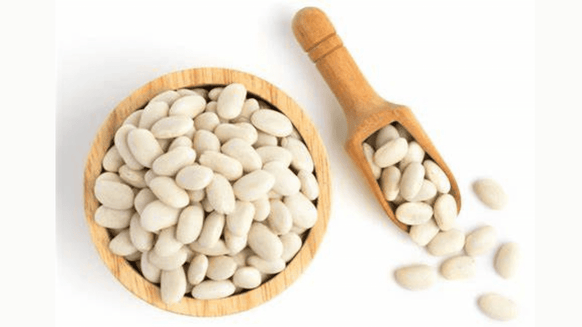Reasons To Give The Green Life The Green Light

For those carnivores among us, the idea of giving up meat and dairy can be an almost impossible to concept to swallow, as well as seeming a little, well...radical. But for those of you who thought veganism might be a fad – you might be surprised to learn that it’s quickly becoming a major go-to health regime, as well as garnering a large following in Hollywood – with the likes of Ellen De Generes and Ariana Grande jumping on the go-green wagon.
Veganism is a plant-based diet that excludes meat as well as all other animal-based products such as eggs and dairy from the menu. It eliminates animal clothing too, so leather, fur, wool and feathers are big no-nos in the Vegan camp!
Aside from the obvious allures, from the ethical motives surrounding animal welfare – to losing excess weight, there are many health-related reasons to give the green life the green light.
An animal-free diet can not only reduce the risk of developing chronic diseases, heart problems and those nasties like high cholesterol, but the lower levels of saturated fat and high-in-fibre fruit, vegetables, grains and seeds allow food to move through through the body faster, which as many experts believe – is a process which can prevent harmful substances.
Soluble fibre in particular (the sort commonly found in oats and whole grains) can slow the absorption of sugar, which can help promote a healthy digestive system and improve blood sugar levels, particularly in some diabetics.
Studies have shown that those following a meat-free diet often have lower levels of obesity and cancer than meat-eaters and vegetarians.
However, leading nutritionist Liana Bonadio[1] says that while there are indeed tangible health benefits to giving up meat and dairy products, mindful eating is important to make sure you’re getting all of your essential nutrients.
Since the Human Genome Project, analysing how human genes interact with the environment (a study known as epigenetics) has become a popular research topic to boot. There is now an increasing awareness that, rather than our genetics giving our health a predetermined fate, the relationship between genes, dietary and lifestyle factors ultimately determine our health. Studies have shown that those following a plant-based diet in particular often have lower levels of obesity and cancer than meat-eaters and vegetarians – which is a likely result of the protective factors of some vegetables.
[1] Leading nutritionist of nutricentre.com








